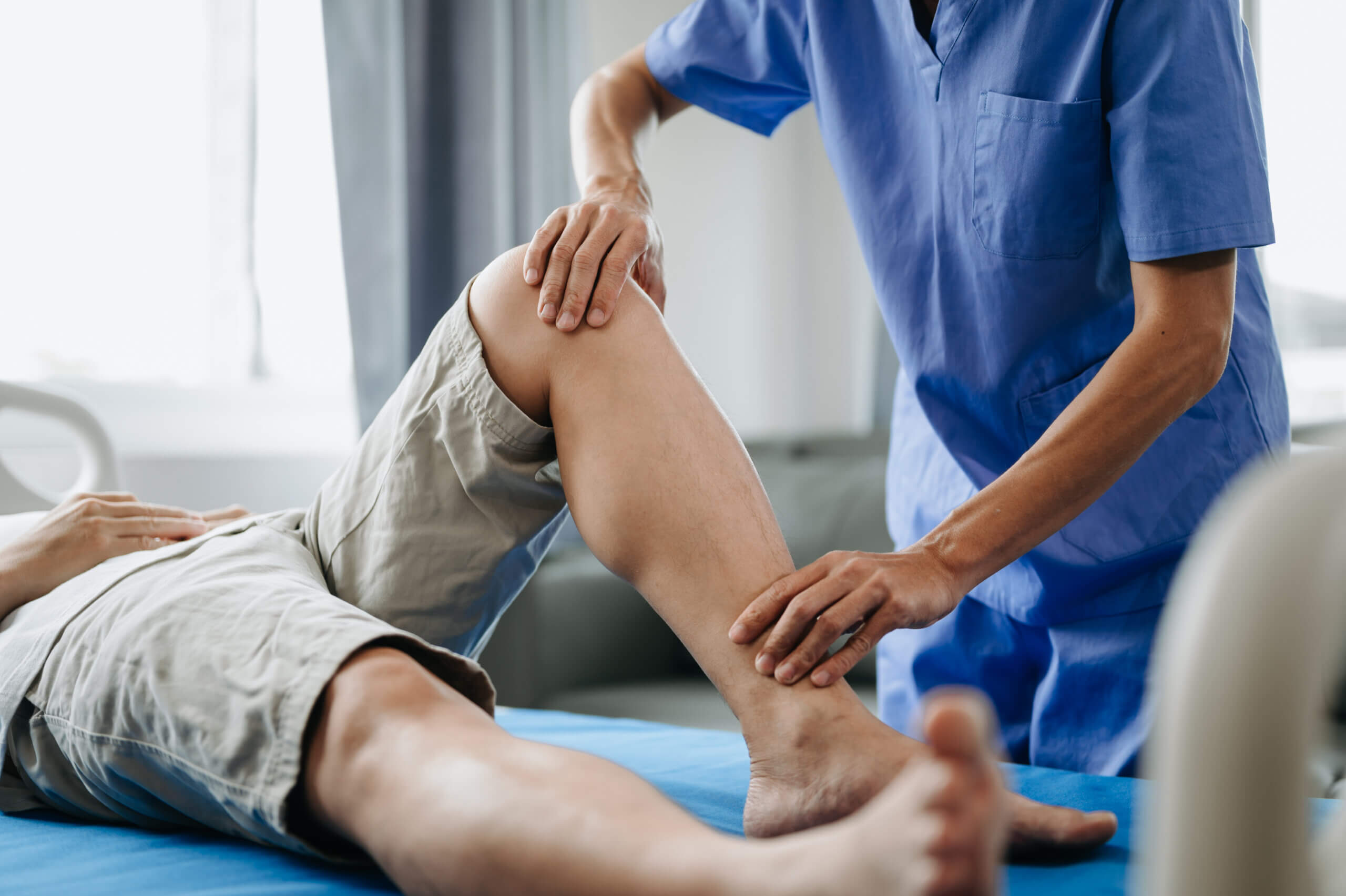At Long Island Spine Rehabilitation Medicine, our doctors are all too familiar with the troubling, at times dire, consequences of failing to treat orthopedic injuries or conditions early on. As physiatrists whose primary focus is pain relief and restoration of function, we are well aware of the tremendous difference timely nonsurgical intervention can make in accelerating the healing of orthopedic conditions and avoiding repercussions.
The Risks of Delaying Treatment for Orthopedic Conditions
Although some think pushing through pain is heroic, in most cases not seeking a medical evaluation promptly is unwise. It often leads to worsening symptoms that fail to be properly diagnosed. It may also result in a need for surgery that could have been avoided. Delaying treatment of orthopedic conditions may put you on a road to:
- Chronic pain that can result in loss of energy, diminished quality of life, anxiety, and depression.
- Increased severity of damage that may require surgical intervention soon or somewhere down the line.
- Increasingly limited mobility that interferes with normal activities and exercise and may result in weight gain, inability to work, decreased range of motion, and loss of independence.
- Higher Costs that commonly occur since procrastination can lead to more expensive medical interventions as well as increased rehabilitative care.
- Permanent Disabilities that limit life choices and decrease enjoyment of life.
Specific Orthopedic Ailments That Demand Timely Attention
Orthopedic conditions encompass a wide range of ailments, many of which can become notably worse without early intervention, including:
- Osteoarthritis: Often referred to as ‘wear and tear’ arthritis, osteoarthritis is a degenerative joint disease that gradually breaks down cartilage. Without early treatment, this condition can lead to complete erosion of a joint in which case joint replacement surgery becomes unavoidable.
- Tendonitis: Tendons, the tissues connecting muscles to bones, can become inflamed due to overuse or injury. Ignoring tendonitis can lead to the rupture of tendons, requiring surgical repair.
- Rotator Cuff Tears: The rotator cuff is the group of muscles and tendons that stabilize the shoulder. Minor rotator cuff tears can heal using nonsurgical methods. If neglected, however, these tears can enlarge and may eventually require surgery.
- Herniated Discs: When the cushioning discs between vertebrae slip (herniate) they can compress nearby spinal nerves, causing pain, numbness, or weakness. Early treatment can prevent further degeneration or rupture, either of which may otherwise require surgery.
- Fracture Non-Union: Sometimes broken bones do not heal as expected. If fractures are not aligned and stabilized promptly, they may not unite, leading to chronic pain and instability.
- Plantar Fasciitis: This condition involves inflammation of the tissue running beneath the foot’s sole. Prolonged neglect of plantar fasciitis can result in chronic heel pain, hindering daily activities.
- Ligament Injuries: Injuries to ligaments, like the anterior cruciate ligament (ACL) in the knee, can lead to joint instability. Untreated, ligament injuries can result in further joint damage and may mandate reconstructive surgery.
- Bone Spurs: These bony projections, most often caused by osteoarthritis, develop along bone edges, often in joints. If not addressed, they can cause chronic pain and may impede joint function.
- Carpal Tunnel Syndrome: Without early treatment, this condition, in which the median nerve of the wrist is compressed, leading to pain, stiffness, tingling, and numbness, may result in permanent nerve damage and loss of hand function.
- Bursitis: An Inflammation of the small fluid-filled sacs (bursae) that cushion muscles and bones, bursitis, left untreated, can cause joint erosion and scarring, resulting in chronic pain and immobility.
The more time between onset and treatment of these orthopedic conditions, the more complicated the treatment becomes and the less likely it is to be effective. In addition, delaying diagnosis and treatment will no doubt lengthen recovery. This is why making contact with our offices at the first sign of a musculoskeletal problem is essential.
Be Proactive: Contact Our Experienced Doctors Today
We offer a broad range of nonsurgical treatments for orthopedic conditions, each designed to facilitate rapid healing. The sooner you get in touch with our highly skilled physicians, the more quickly you will find pain relief and the more likely you are to avoid further deterioration of your health. Contact us now!
